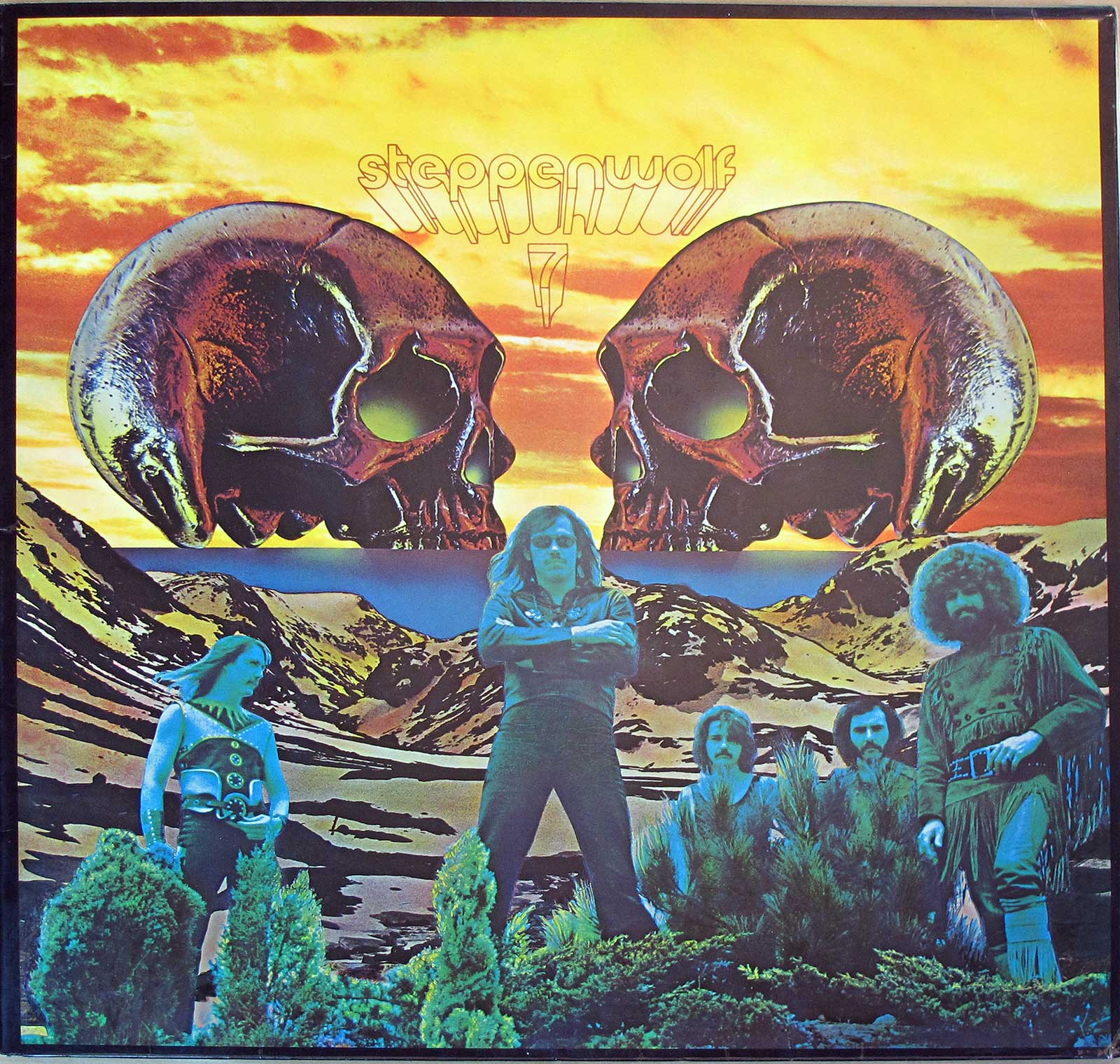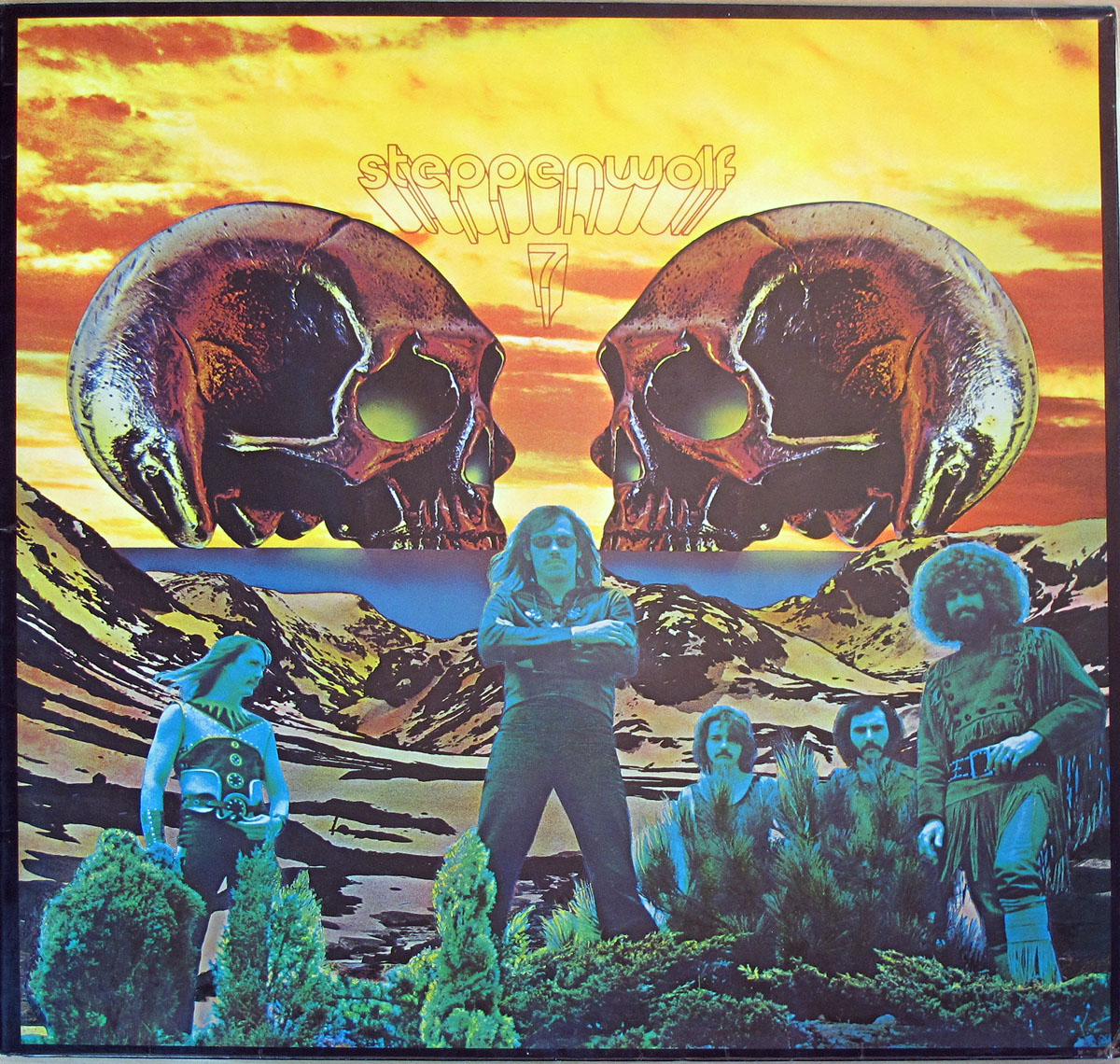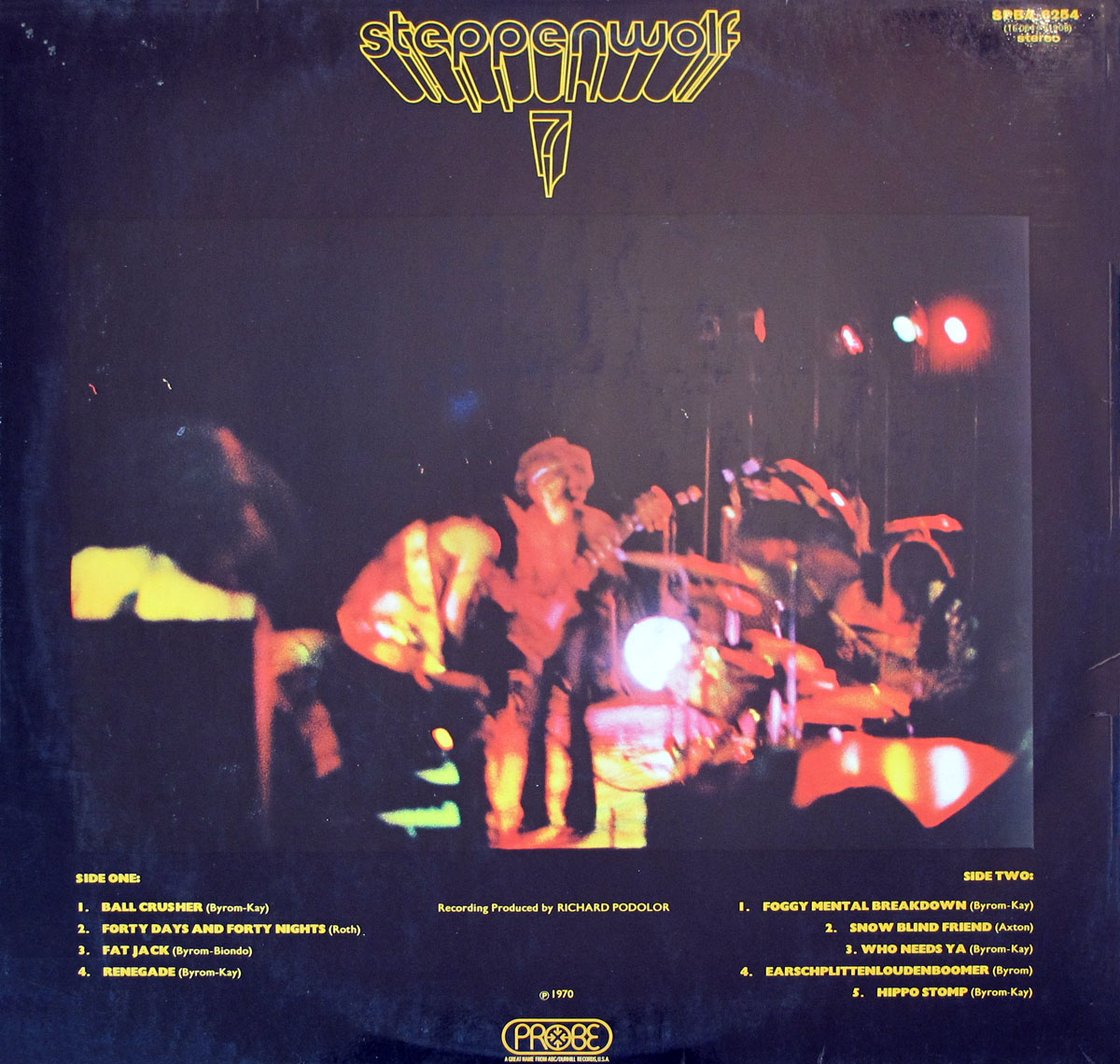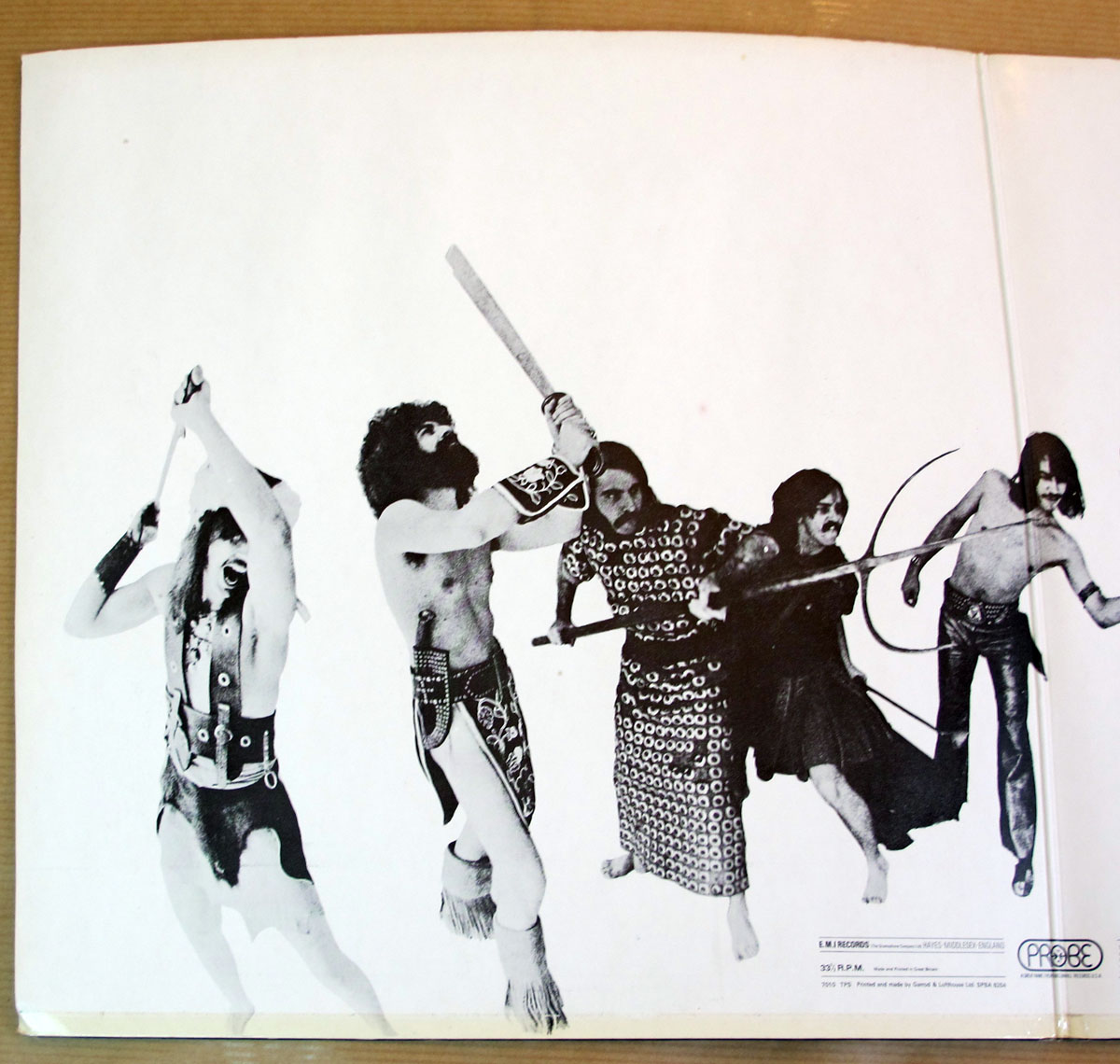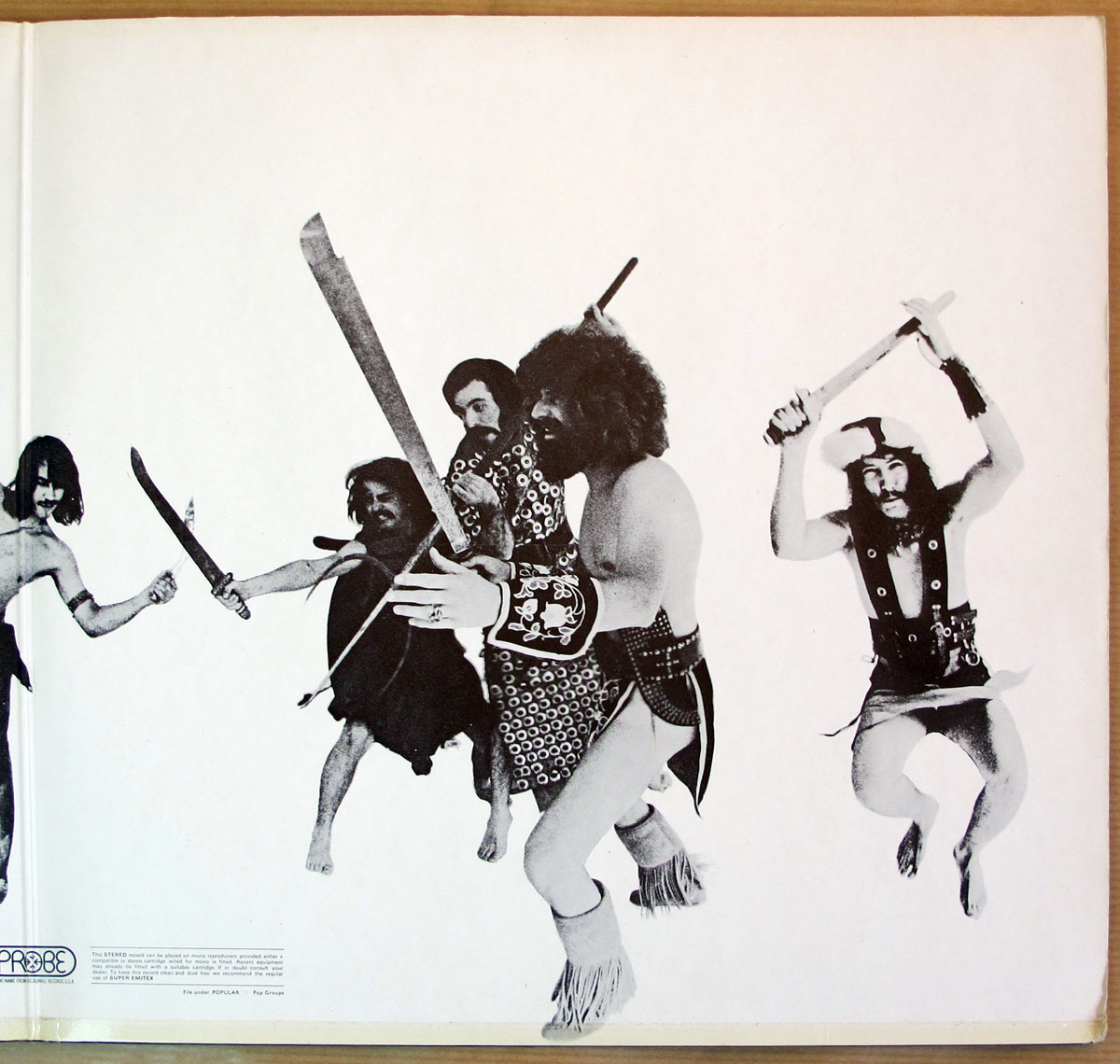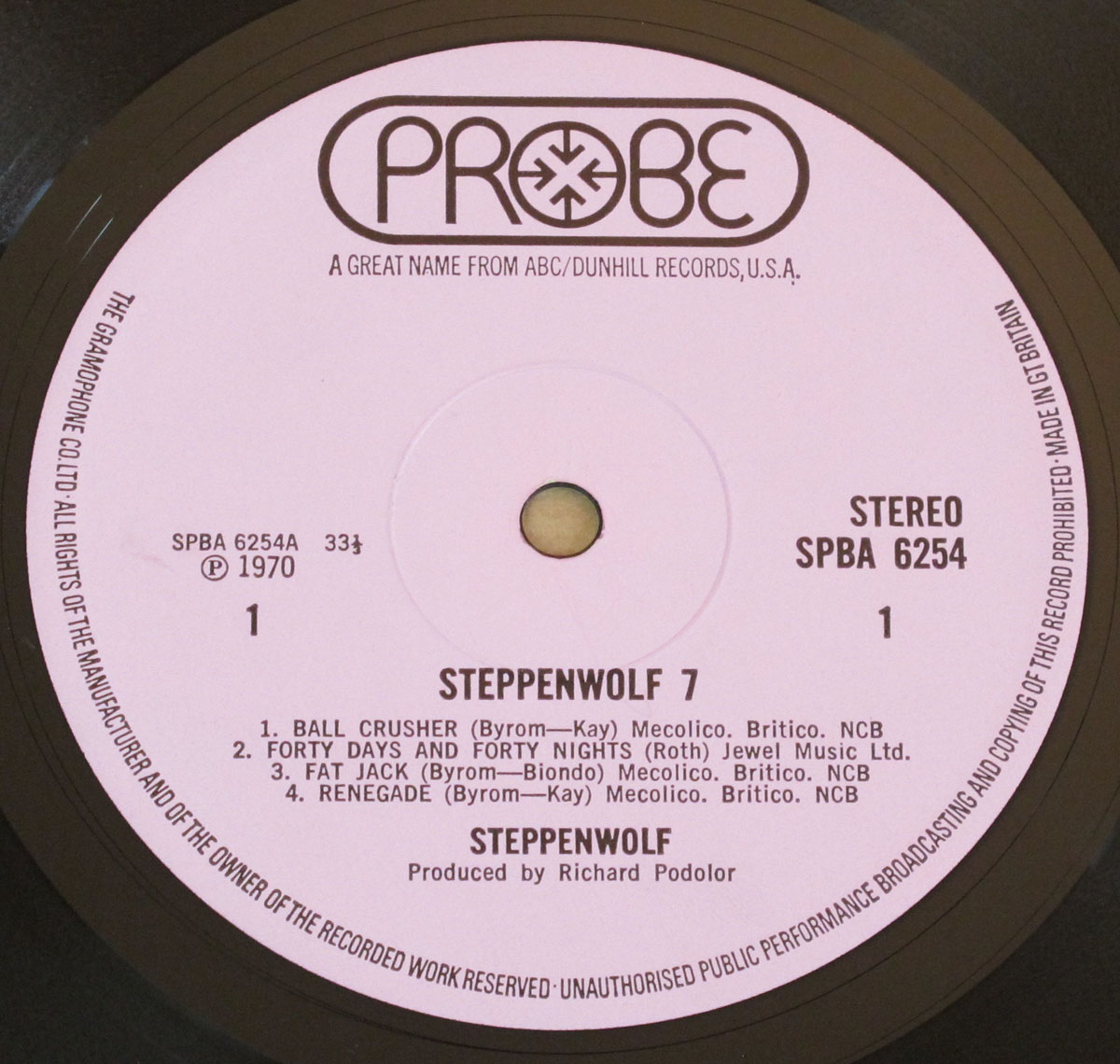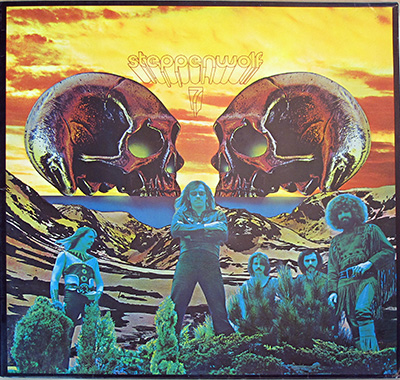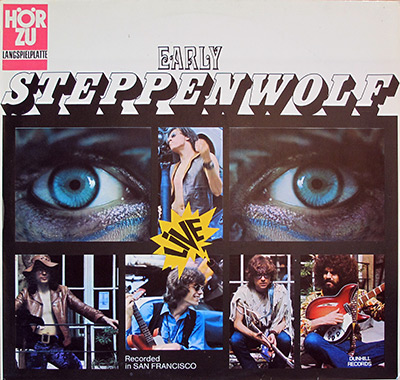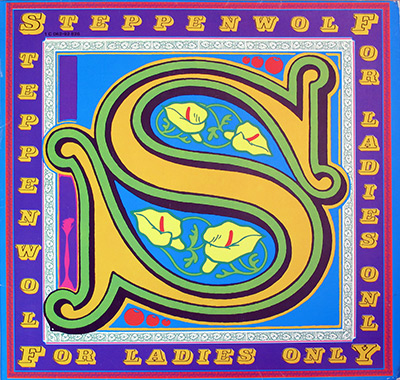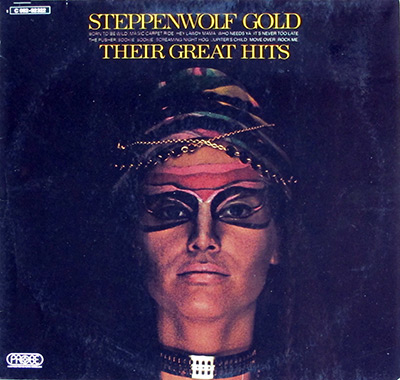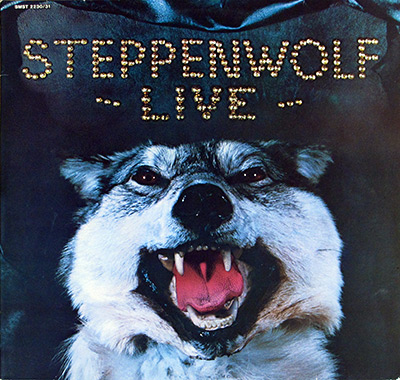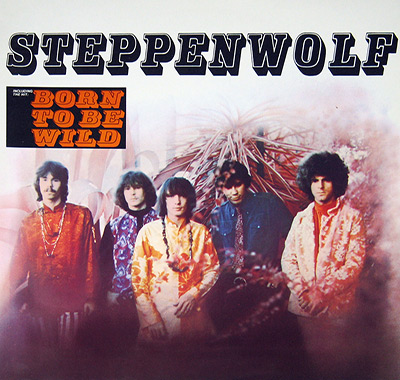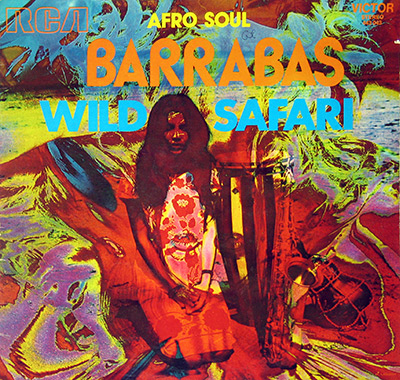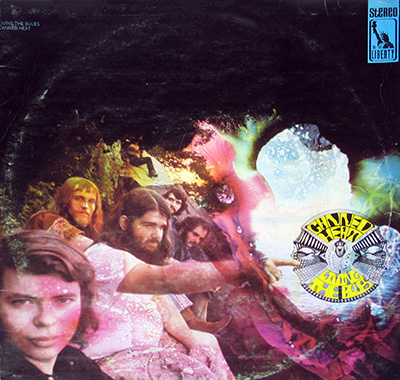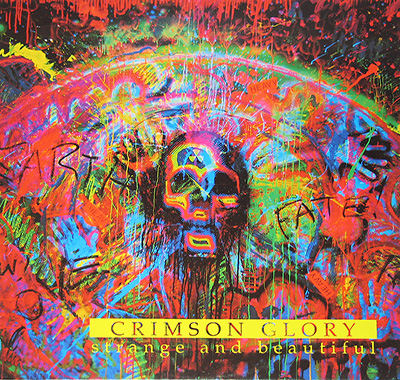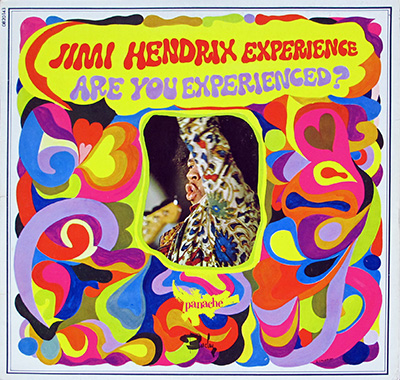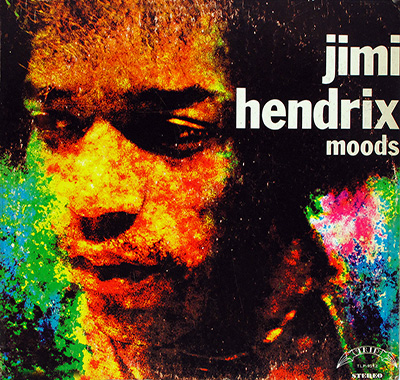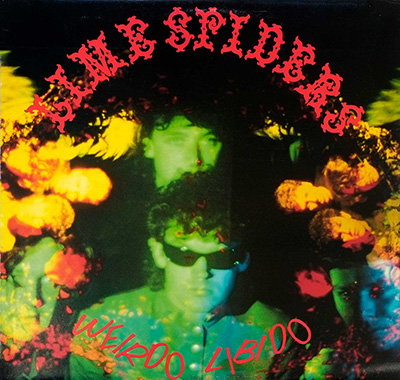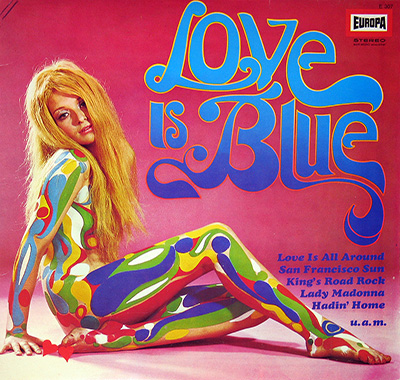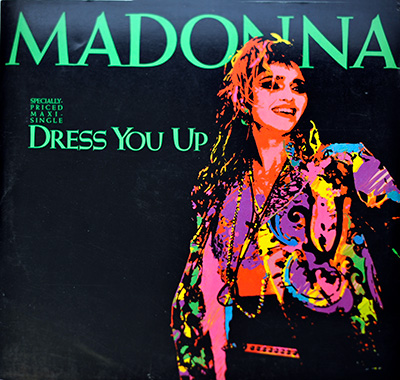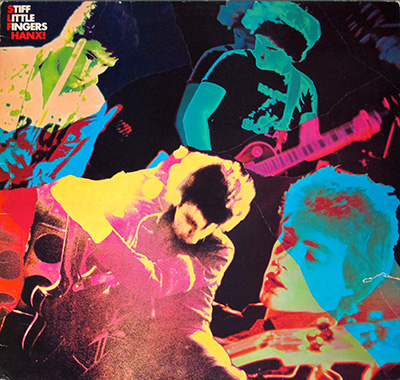In the heart of the late 1960s counterculture movement, Steppenwolf emerged as a powerful voice of rebellion and social commentary. Their 1969 album "7," released as a gatefold 12" LP vinyl album in Great Britain, stands as a testament to their musical exploration and the turbulent times they inhabited.
Historical Context
"7" was birthed in a period of immense societal upheaval. The Vietnam War raged on, civil rights movements were gaining momentum, and a youth-driven counterculture was challenging traditional norms. Steppenwolf's music resonated deeply with this generation, capturing their angst, disillusionment, and yearning for change.
Musical Exploration
The album delves into a diverse range of musical styles, from hard-hitting rock anthems like "Snowblind Friend" to blues-infused tracks like "Spiritual Fantasy." This eclecticism showcased the band's versatility and willingness to experiment with different sounds. The use of distorted guitars, powerful vocals, and psychedelic elements created a sonic landscape that reflected the psychedelic era's spirit.
Controversies
Steppenwolf's music often courted controversy due to its frank exploration of themes like drug use, social injustice, and disillusionment with the establishment. Songs like "The Pusher" and "Foggy Mental Breakdown" sparked debates about censorship and the role of music in reflecting societal issues.
Recording Studio
"7" was recorded at the iconic American Recording Company in Studio City, California. This studio had been the birthplace of numerous legendary albums, and Steppenwolf's presence there further solidified their place in rock history.
John Kay: The Charismatic Frontman
At the helm of Steppenwolf was John Kay, the band's charismatic frontman and primary songwriter. Kay's distinctive voice, combined with his rebellious persona, made him a captivating figure on stage. His lyrics often tackled social issues head-on, resonating with a generation seeking authenticity and truth in music.
